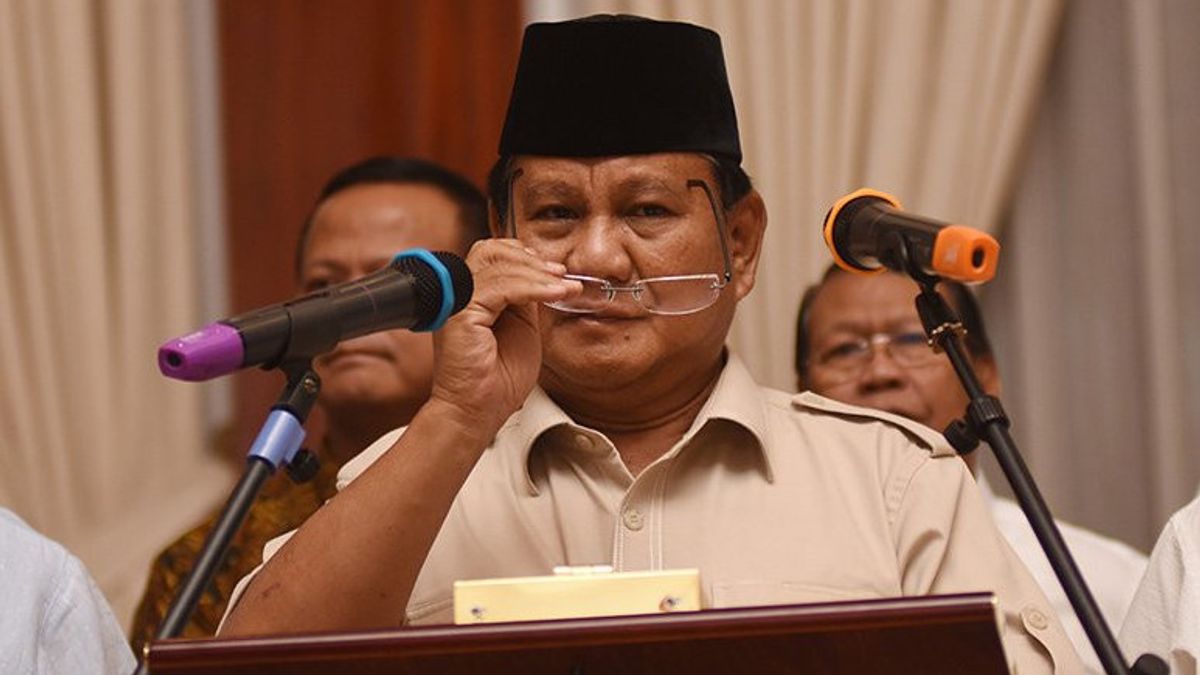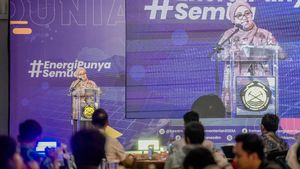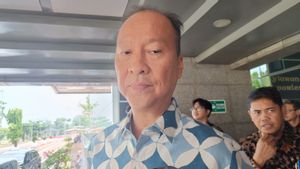JAKARTA - Executive Director of the Institute for Development of Economics and Finance (Indef) Esther Sri Astuti revealed that the 8 percent economic growth target targeted by President-elect Prabowo Subianto must pay attention to Indonesia's fiscal capacity.
Executive Director of the Institute for Development of Economics and Finance (Indef) Esther Sri Astuti assessed that it is very important to see fiscal capacity to realize 8 percent economic growth.
Because, if fiscal capacity is not enough, you have to find a way to expand and increase state revenue.
"Is it possible to achieve the target of economic growth and if our fiscal capacity is not met or it is not enough whether the steps we can take," he said in an Indef virtual discussion entitled Monetary and Fiscal Ketat, Daya Beli Melarat, Thursday, September 12.
Esther said, if you look back at the data on tax ratios in Indonesia, it tends to decrease where in 1978-1980 and 1990-1992 the tax ratio was quite high in the range of tens to 20 percent.
In fact, in 1982 around 22 percent, then in 1990 it was around 19 percent, then in 2001 it was around 16 percent, but conditions continued to decline to 10 percent.
Furthermore, Esther compared in terms of tax revenue in 2014 which was the beginning of President Joko Widodo's first term.
It turns out that tax revenues that reach the target are only in 2021, 2022, and 2023 because at that time commodity prices were rising.
"In terms of tax revenue, if we comb from 2014 where the beginning of the first period of the Jokowi administration, it turns out that this tax revenue was only achieved, the target was 2021-2022 and 2023 because of the booming commodity prices at that time, palm oil was positive for tax revenue," he explained.
Esther said that tax revenues are currently relatively down and now only 10 percent of GDP.
SEE ALSO:
Meanwhile, in terms of expenditures, capital expenditures are recorded to be smaller than routine expenditures, meaning that development spending should be greater than routine expenditures and this is the opposite.
"The debt is also relatively high, the debt-to-GDP ratio is 38 percent. If we look at President Jokowi's 10 years, the government of President Jokowi's debt has tripled. Investments are not friendly to employment," he said.
Therefore, Esther conveyed that the next government should pay more attention to fiscal capacity first before realizing its vision, mission, and flagship programs.
"If you look at the fiscal side, our capacity is that our fiscal space is smaller, because the ratio of taxes or state revenues from taxes tends to decrease and is low, then from the expenditure side it is more inclined to routine expenditures, not to capital expenditures," he concluded.
The English, Chinese, Japanese, Arabic, and French versions are automatically generated by the AI. So there may still be inaccuracies in translating, please always see Indonesian as our main language. (system supported by DigitalSiber.id)
















